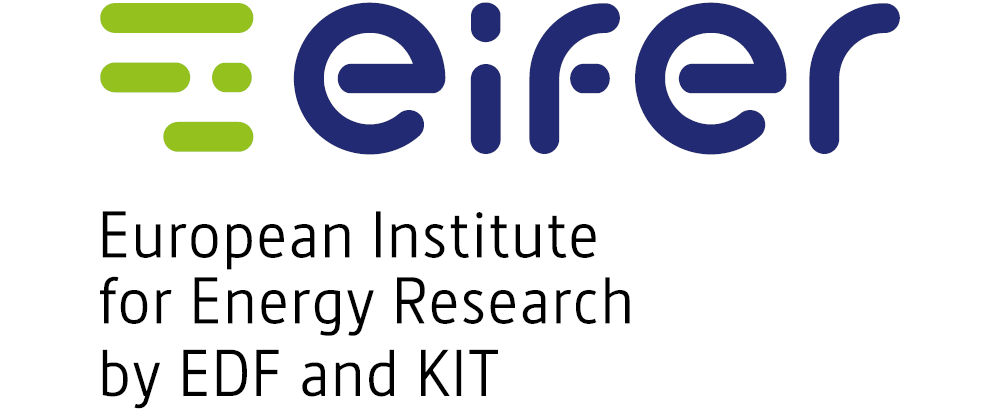Optigär
Development of efficient dual phase biogas process with organic acids as co-products for material use
Project Objectives
The aim of the project consists in the development of a new process design for the integrated use of raw materials replacing conventional biogas reactors (hydrolysis and methane generation in separate reactors). With this concept a coupled raw material and energy use of biogas substrates is pursued, contributing to a sustainable and complete exploitation of agricultural residues. A cascade approach creates a higher added value providing organic acids as platform chemicals. With this bio-based approach, the project strengthens agricultural biogas production and an environmentally friendly supply with basic chemicals for the chemical industry as a substitute for petrol-based products.
EIFER’s Contribution
- Interconnection of process steps identified by the partners at lab scale and upscaling of the method to industrial scale (supported by the industry partner)
- Process inter-comparison of the new Optigär approach to the dual-phase reference process
- Study of environmental and economic impacts of the Optigär method compared to standard biogas processes and petrol-based acid production pathways on biogas and organic acids production as well as on purification of the organic acid from the Optigär process.
Results (Example)
The Optigär method was compared to a model 250 kWel biogas reference plant. For optimum feedstock variants with equal biogas and additional organic acid yield, indicative costs were assessed. For grass, additional costs of 60% and for corn of 70% resulted. The extra costs are to be compensated via revenues from organic acids product sales. Relevant market options are found in the feed supplement industry for example. Corresponding GHG emissions due to increased feedstock demand rose by 35% for the corn and 21% for the grass variant.
This project has received funding from the Federal Ministry of Food and Agriculture (BMEL) and FNR, funding reference 22400615.

